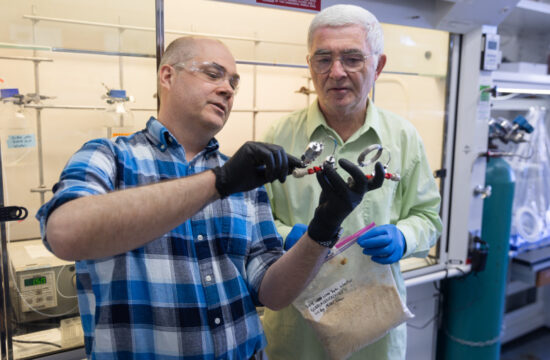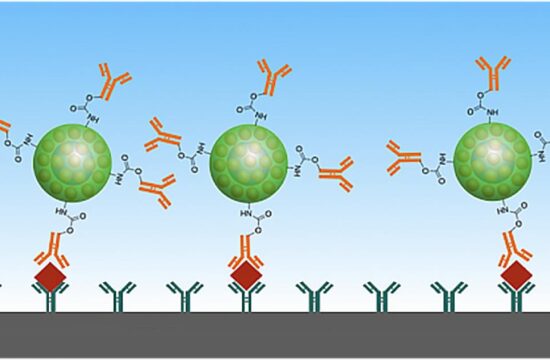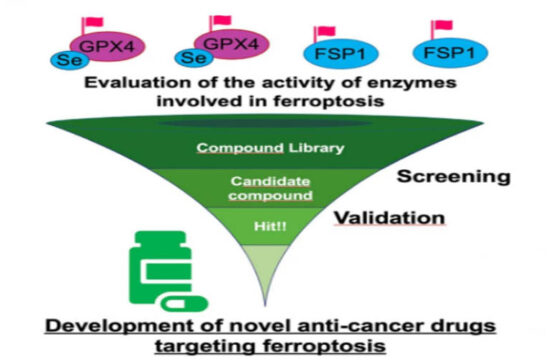
A team of scientists have discovered a so called ‘molecular barcode’ in the blood of patients stricken with the Ebola virus that can predict whether they live or die from the viral infection.
A new collaborative study that includes University of Liverpool, Public Health England, Boston University and other international partners, used blood samples taken from infected and recovering individuals during the 2013-2016 West Africa outbreak, to identify gene products that act as strong predictors of patient outcome.
“Analyzing the patient response to EBOV may reveal unique host genes or pathways associated with death or survival,” Prof. Miles Carroll, director of Research at Public Health England, told DDD in an exclusive interview.
This new research provides data on the underlying causes of the viral infection and suggests that this type of blood analysis could be integrated into future outbreak responses as a diagnostic tool to help guide treatment strategies.
Since the disease outbreak in West Africa, much research has been done to better understand the biology of the Ebola virus. Mainly, the processes that lead to survival or a fatal infection are unknown, even though the amount of virus existing in the body (viral load) can be a key determinant.
While this formula worked well for predicting outcomes for people with extreme viral loads, it was less clear for those with mid-range counts, the majority of the cases, where the outcome prediction was about equal between survival and a fatal infection.
[pullquote]This new research provides data on the underlying causes of the viral infection and suggests that this type of blood analysis could be integrated into future outbreak responses as a diagnostic tool to help guide treatment strategies.[/pullquote]
The results of this new study pinpointed a small number of genes whose expression accurately predicts patient survival and fatal infection.
Blood samples were collected by the European Mobile laboratory in Guinea of Ebola patients who either went on to survive or die from the acute infection and were analyzed using genomic techniques to identify and quantify messenger RNA expression. The results were then compared to blood samples from a separate group of survivors who had recovered from infection and were now free of the Ebola virus.
This analysis also provided some fundamental information on the hoist response to Ebola virus infection in humans, and found that an immediate robust immune response did not affect whether people went on to live or die from the infection. The data also shows that the virus causes notable liver damage.
“This information could allow us to develop better treatments to improve clinical outcome. It is possible that current licensed drugs could be used to modify a fatal outcome to survival,” Carroll added.
“It is not just defining how much Ebola virus that is present in a patient that defines whether a patient will survive. How the patient fights the infection is also key,” said John Connor, Ph.D., associate professor of Microbiology, Boston University School of Medicine. “Defining common aspects of how the immune system responds to individuals that survive opens a new window for studying how to keep Ebola virus infection from being a fatal infection.”
This study was funded by the National Institute for health Research Protection Research Unit in Emerging and Zoonotic Infections and the U.S. Food and Drug Administration and its results were published in Genome Biology.








